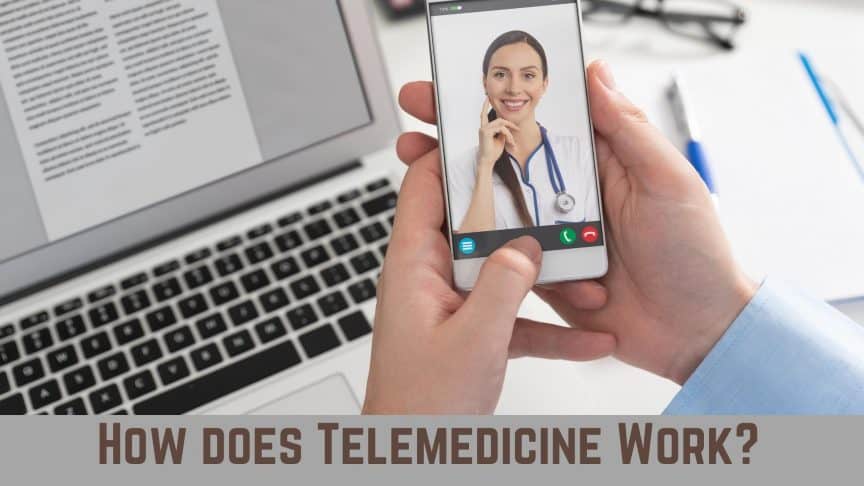- The Emotional Journey of Accepting Hearing Loss - October 25, 2024
- Making a Style Statement with Hearing Aids This Fall - October 15, 2024
- Fireplace Safety and Hearing aids - October 4, 2024
These days many of us are less likely to go to the doctor for fear of exposing ourselves to the COVID-19 virus. Many of us now reserve our doctor’s visits for emergencies only, letting other conditions go unaddressed while we wait for access to vaccines. This is a particular problem for patients who study with hearing loss.
It is already all too common for people dealing with hearing loss to ignore their condition and avoid their treatment for 7-10 years on average. Over this time can lead to devastating effects on mental, emotional and physical health for patients with untreated hearing loss. The good news is that over the course of the pandemic, access to telemedicine has become much more readily available.
What is Telemedicine?
The beauty of telemedicine is that it allows health care professionals to evaluate, diagnose and treat patients at a distance using telecommunications technology. This eliminates unneeded contact, which can risk exposure during these unprecedented times.
Telemedicine has been experimented with, utilized and explored over the last decade, but now during this pandemic telemedicine is increasingly available. Telemedicine, now a household term, has actually been explored since the 1950’ when many hospitals did not have the resources to contact patients who had reduced mobility or lived in remote areas.
With the popularity of the Internet came much more access and popularity of telemedicine, allowing patients to video chat easily and in real time with their doctors without having to travel. As more and more people have access to smart devices, capable of high-quality video transmission, the possibility of delivering remote healthcare to patients in their homes, workplaces or assisted living facilities has become a regular practice.
How Does Teleaudiology Work?
Teleaudiology is defined as a healthcare service delivery model that allows people to remotely access audiologists, or hearing healthcare professionals to help people with hearing issues via telephone or over video chat from the comfort of their home.
This allows patients who may be avoiding dealing with their hearing loss to access the help they need. This includes patients who may require updated or new hearing aids, or adjustments to current hearing devices. Teleaudiology can be an important way to access care that avoids or limits traditional face-to-face interaction. In most cases, a patient may not need to leave their home, specifically if they have an established relationship with an audiologist who offers telehealth. The good news is, due to COVID-19 most audiologists now offer this service.
Teleaudiology in the Time of Coronavirus
For those of us who have yet to be diagnosed with hearing loss, you don’t have to wait to receive the vaccine before you venture out to have your hearing checked in person. Many audiologists offer reduced risk options to have your hearing tested by having just one staff member in the office when you go to your in-person appointment. They will be masked and behind a glass, shield to limit the chance of infection. Often the patient will be in a sound controlled room and be video conferencing with your audiologist or hearing healthcare professional. The healthcare provider will guide you through your hearing
Benefits of Telehealth
Even before the arrival of COVID-19, telehealth was becoming increasingly popular allowing patients who could not travel due to mobility issues, as many seniors who suffer from hearing loss do, to still access audiology services while avoiding travel. Today many hearing aids are compatible via Smartphone, the Internet and Bluetooth. This allows healthcare providers to interview patients about their hearing and make remote adjustments to their hearing aids from the office. This eliminates the commute just for an adjustment, which, now due to innovative technology, can be easily performed at home. This also allows patients to adjust their own hearing aids via easy to use Smartphone apps.
The Convenience Which is Here to Stay
As the population considered elderly continues to grow the demand for virtual audiology services grows with it. Now with the increased popularity of audiology services, it is predicted that even after coronavirus becomes a less present danger that virtual telehealth will become an easy option to access. While remote care may seem impersonal to some patients many seem more comfortable and more likely to be open about their conditions from the comfort of their own home.
For hearing health services, contact us today!

